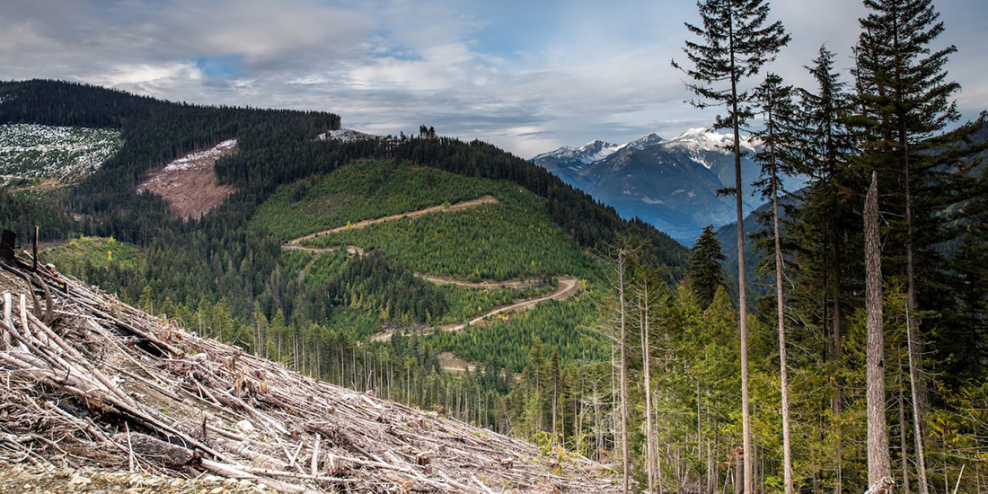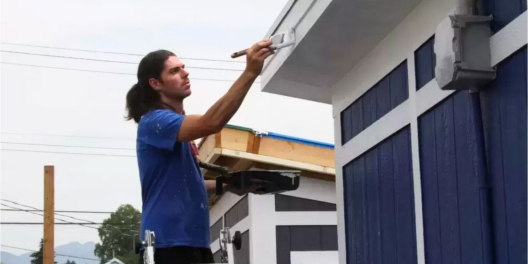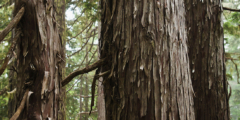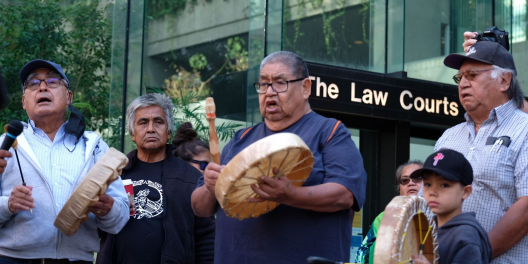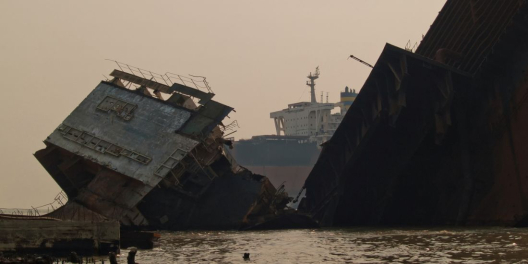The forest industry is in a panic. First Nations land titles are closing in, easily accessible forests have disappeared, and sawmills are shutting down across BC.
Right?
Wrong.
One Port Alberni sawmill proves that sustainable practices can lead to increased revenues, jobs, and more benefits to communities. Not just that, but they add value to Canadian lumber, with no old-growth logging needed.
Now it’s time for other companies to get on board.
At the start of 2020, the San Group had 290 employees. Two years later, there are over 625 workers in the company’s operations. They now have five manufacturing plants, including the one in Port Alberni, which accounts for 350 of the new jobs they’ve created. From 2020 to 2021, sales increased by over 75 percent.
They have:
- Created innovative processing methods that make use of ALL wood fibre, no matter the wood quality,
- Won Vancouver Island business of the year,
- Worked with—not against—First Nations council, and
- Invested millions into sustainable housing projects.
They are a thriving business.
But how have they done it in this “dying” industry?
They’ve done it by holding sustainability at their company’s core and not letting anything go to waste.
Their engineering process allows each tree to produce 10x the product of traditional processing methods.
Suki Sanghera is one of the brothers who owns San Group. In a discussion with Business Examiner, he said, “We term value-added wood products as a finished wood product, manufactured to its highest degree ready for purchase by the homeowner.”
That means the value-added products they create keep all the forestry money from each tree in BC, from cut to build.
So what would it take for other sawmills to make this happen in their own facilities?
First, they need to invest in the tools it takes to actually use all parts of the wood, whether good or “bad” quality.
But then there’s the issue of raw wood access. Without old-growth logging, there’s simply not enough wood to go around, right?
Not true.
There would be plenty of wood supply if the biggest logging companies in BC like Island Timberlands or TimberWest weren’t shipping it all away. And although San Group is giving back to Port Alberni, Port Alberni is not giving back to them.
Raw logs were the main product exported from Port Alberni Port Authority docks last year. Raw logs shipped to international ports spiked 64 percent in 2021, from 307,000 to 507,000 metric tonnes. This is just one port in one small city.
So what can be done about it?
Well, we could go back to the good old year of 1934 and do as striking loggers on “The Great Trek” did. Simply toss the Port Alberni Mayor over our shoulders and carry her away until changes are made.
But, more effectively, we could go back to the 1980s when logging leases on public-owned land included a clause that tied logging to local manufacturing.
Even better, we could revamp leases to require all timber logged in BC to be manufactured here with a premium placed on and “value-added” processing.
No more raw exports equals no more closed sawmills and no more lost jobs. Then prioritize sustainability over short-term profit, and you have a recipe for success that values both our workers and forests.
As Kamal Sanghera, the second brother running San Group, told Business Examiner, “[w]e have the practical working study right here..not in a forecast, in real-time. It’s working, it’s real money, and it’s creating jobs and eliminating greenhouse gases and preserving the life of our natural resources.”
So let’s make use of it.
